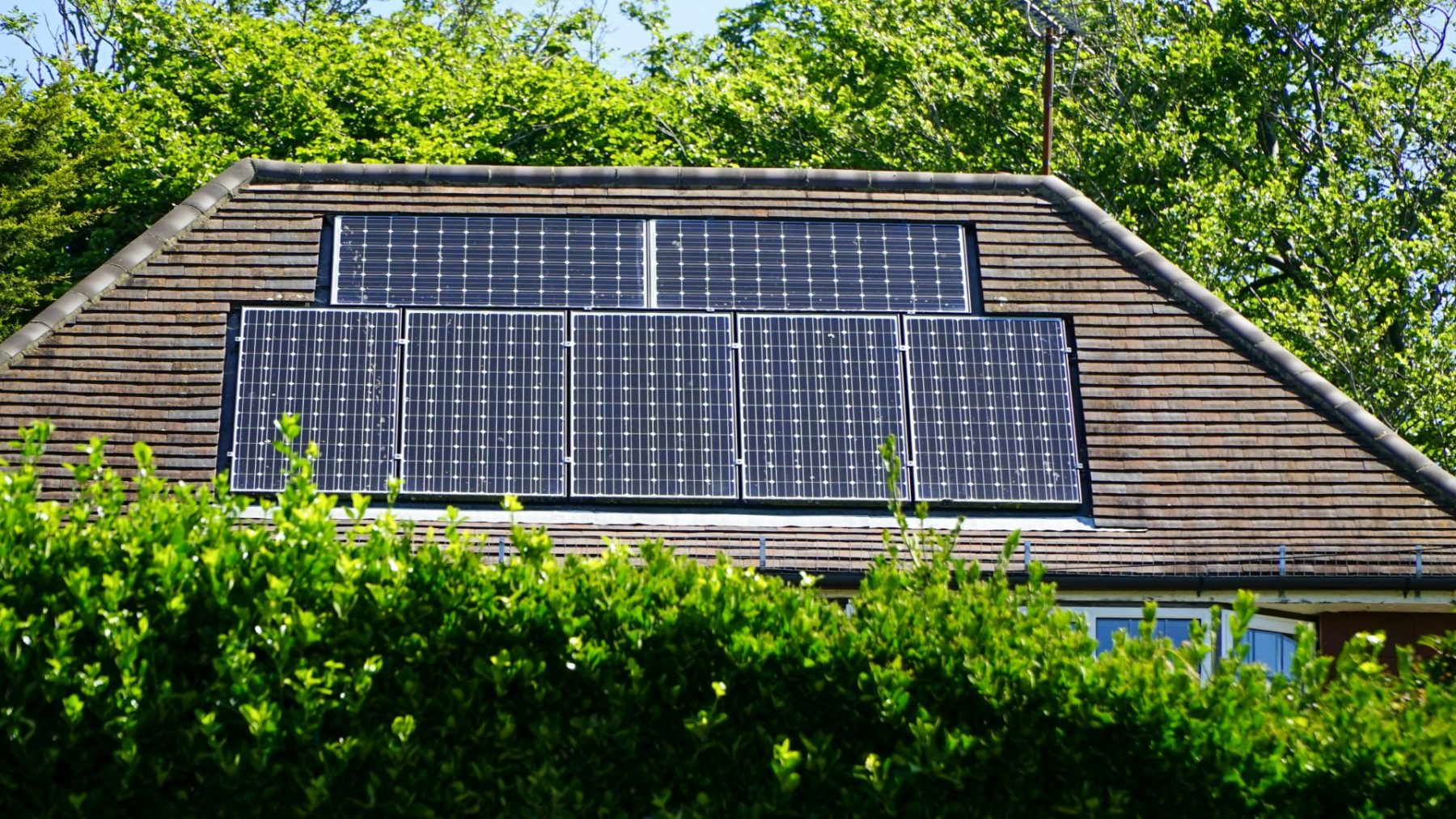The most crucial question when considering purchasing a property with solar panels is whether you would own the panels outright as the new property owner.
Between 2011 and 2019, numerous companies offered free installation and maintenance of solar panels, enticing homeowners with the promise of free electricity and potential income through selling surplus energy to the grid. However, this often involved signing a rooftop lease, where the panels and roof space belonged to the installation company for a 25-year term. As the new property owner, you would inherit this rooftop lease.
Buying a home with solar panels:
- Verify if the installation complies with Building Regulations and ascertain who is responsible for maintenance and repairs, particularly if the original installation company is no longer operational.
- Request a copy of the lease to understand its terms and conditions. Some leases may restrict your ability to modify or remove the panels. Negotiating new terms or early termination options may be possible but not guaranteed.
- Some mortgage lenders may be wary of rooftop leases, potentially affecting your ability to secure a mortgage. Ensure the lease meets the Council of Mortgage Lenders’ requirements.
- Determine if the lease prohibits property extensions or modifications, aligning with your future plans for the property.
- Consider how the presence of solar panels may influence the property’s resale value and marketability. Newer, efficient panels may enhance value, while older technology or restrictive lease terms could detract from it.
Selling a Home with Solar Panels:
- Collect all relevant documents related to the solar panel installation, including:
- The lease agreement if the panels are leased.
- Proof of ownership and installation if the panels are owned outright.
- Maintenance records and warranties.
- Any relevant planning and building regulations approvals obtained for the installation.
- Offer comprehensive information about the solar panels to potential buyers. This may include:
- Details of the solar panel system, such as its capacity, efficiency, and expected energy production.
- Documentation regarding any financial incentives or benefits associated with the panels, such as Feed-in Tariff statements or energy savings.
- Information about the lease terms, if applicable, including any transferability to the new owner and potential fees for termination.
- Be prepared to address any concerns or questions that potential buyers may have about the solar panels, such as:
- The condition and lifespan of the panels.
- Transferability of warranties and maintenance agreements.
- Potential impact on property aesthetics or future modifications
Working with a firm experienced in dealing with properties with solar panels is essential to ensure you ask the right questions and fully understand the implications of your purchase or sale.
This article is intended for guidance only and does not constitute legal advice – 2024

